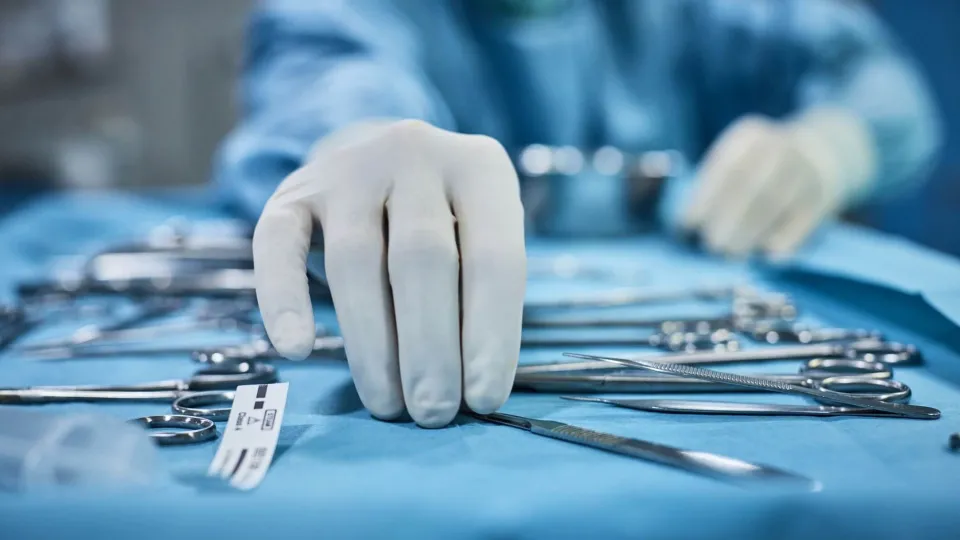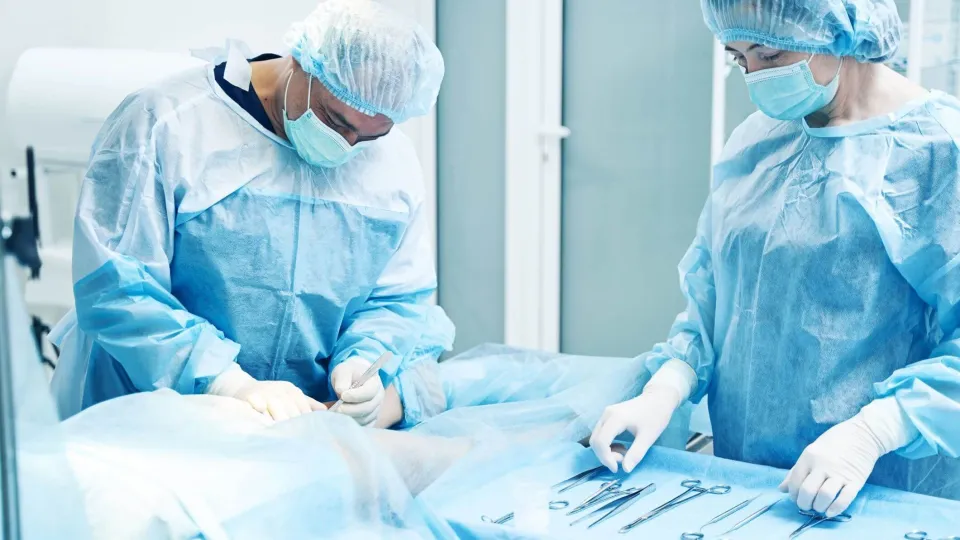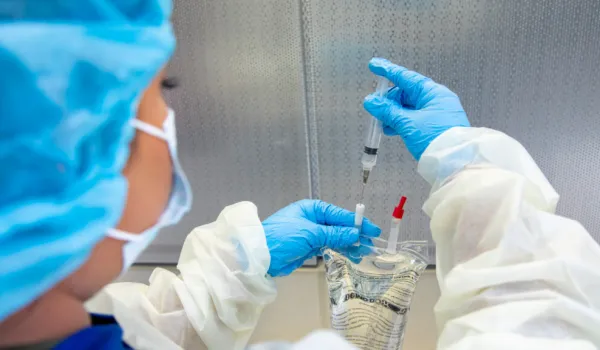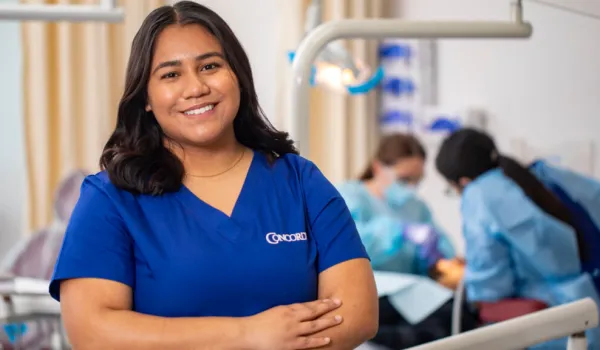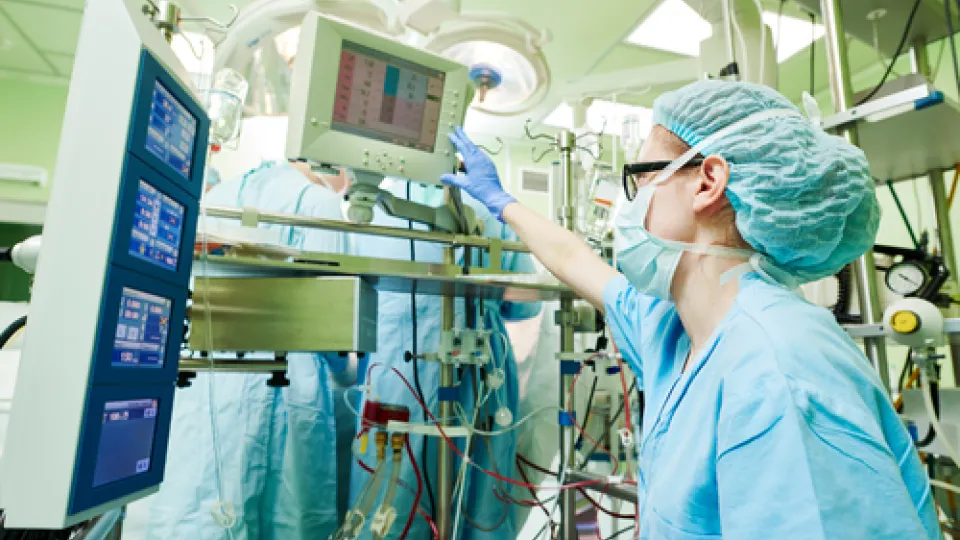
Many believe that the career of being a surgical tech begins and ends in the operating room. Nothing could be further from the truth.
"Becoming a Surgical Technologist is a rewarding career on a level a little different than most careers," said Martin Davis, CST, MBA, the Director of Concorde Surgical Technology Programs in Grand Prairie, Texas. "Besides the fact that the benefits are typically good, the pay is very competitive and the hours are not extremely demanding, this is a career that, when the day is done, you know a person's life has changed, and you were a part of it."
Being a Surgical Technologist is a unique experience
According to Davis, working in surgery is a unique experience. With most health care careers, employees are face-to-face with breathing, talking, aware-of-their-surroundings patients. In the operating room, patients are completely vulnerable. They are at the mercy of the surgical team to take care of them while they are unconscious and unaware of what is happening.
Surgical Technologists are patient advocates. As a team, everyone is looking out for the best interest of the patient and the best outcome.
"As a technologist, you are the first, second and last line of defense to make sure that the patient is taken care of properly," Davis said. "Our motto, 'Aeger Primo,' means patient first. The biggest reward is when patients leave the hospital. You know that you have helped improve their way of life, and in some cases, were a part of saving lives."
"This is a high level of patient care. We can't simply go to work and draw a paycheck. We must have a surgical conscience."
Surgical Technologist in the OR
More specifically, the Surgical Technologist is paramount in what occurs in the operating room during surgery.
"The ST is in charge of the sterile field, so you play a big part in keeping the patient from acquiring an infection while in surgery," said Gerald Hale, AAS, CST, the Director of Concorde Surgical Technology Programs in Portland, OR. "There are a variety of settings that STs can work in - some that are fast-paced and some that are slower. The pay can vary depending on what setting you are working in."
"Also, the patient contact that STs typically have with patients is when they are asleep, which is different than a lot of other health care fields. This is appealing to some STs. Some STs like the fact that they don't have to do as much paperwork as other jobs in health care."
Prominence in your community
Becoming a Surgical Technologist places you on a different level in your community, Davis said.
"STs get to be a part of changing lives in a way that most health care workers will never experience," he said. "From scheduled procedures to emergency trauma, lives are touched, improved and saved because of the Surgical Technologist."
In as few as 12 months, Concorde's Surgical Technology programs can get you into this exciting, fast-paced, life-changing career. And now, with our new online Surgical Technology Degree Completion Program, certified STs with their diplomas can earn associate's degrees in as few as eight months.
Take The Next Step Towards a Brighter Future
Interested in learning more about our Surgical Technology program?
We have a Concorde representative ready to talk about what matters most to you. Get answers about start dates, curriculum, financial aid, scholarships and more!


